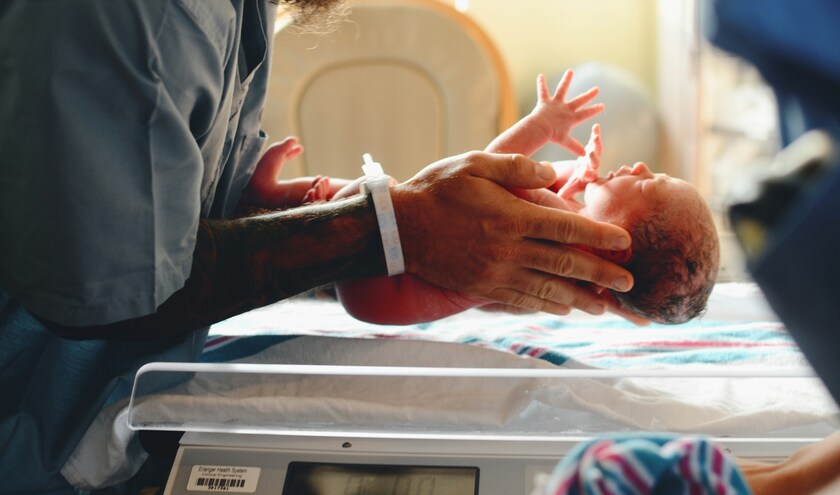The HSSIB report emphasises the importance of taking a different approach to maternity safety. It identifies key themes from the safety concern reports and 17 national stakeholder interviews, which indicate systemic issues need to be addressed to tackle the risks within maternity and neonatal care.
Themes include national and neonatal maternity systems being overly complex, national collaboration being inconsistent and variable, and too many recommendations are made at a national level, with limited implementation.
HSSIB has expressed that there should be a focus on the ‘systems' that impact safety rather than a focus on individual actions. The report reinforces this through the themes relating to risk and learning within maternity and neonatal services. HSSIB heard that the lack of recognition of risks is an urgent priority for stakeholders; there were examples of where clinical risks relating to labour and birth were not anticipated or responded to. HSSIB also heard repeatedly that the system was not learning from past events, incidents, litigation or national inquiries in the way that would be expected.
HSSIB reiterates that it is critical to understand the impact of trauma through any investigation process or interviews. The report highlights that harm suffered by women and families has been compounded by their treatment after maternity incidents. HSSIB heard that even after tragic events involving the deaths of women and babies, the systems and processes that are triggered, can mean those involved in the response can lose sight of the human impact. They heard there is a huge variation in whether women and families feel listened to, and this variation reflects differences in organisational culture.
HSSIB's work also shows that staff continue to experience stress and harm. The report shares examples, including professional confidence being damaged when there is a drop in public confidence, making it hard to recruit staff and midwives feeling persecuted.
The report also finds:
- Some progress has been made in maternity and neonatal outcomes, staffing levels and governance arrangements
- National maternity and neonatal systems are overly complex
- National collaboration efforts are inconsistent and variable
- Too many recommendations exist, with limited implementation
- Local governance of maternity services often operates in isolation from host organisations
- There is still a lack of ability for services to identify and respond to clinical risks
- Limited potential to learn from harms that happen to women and babies during pregnancy, labour and birth
- Patients experience compounded harm due to systemic issues, particularly local investigations or the way a complaint/concerns are managed
- Staff are also affected by cumulative stress and harm
- Disparities in care and outcomes persist in relation to inequalities
- There are concerns about the standards set in undergraduate and postgraduate education and whether these can be adhered to in practice.
Philippa Styles, director of investigations, said: ‘The report evidences that serious safety concerns continue to exist across maternity services, despite past events. We need to ensure safety concerns are effectively and proactively understood and managed to ensure significant improvements are delivered.
‘There needs to be more positive support for staff working in maternity and neonatal services. A culture focused on blame is impacting their wellbeing and their ability to work effectively but will also stifle progress because they feel fearful to speak up about their concerns. Enabling staff to speak freely, without repercussions, is vital to supporting a positive and collaborative approach to improving maternity safety.
‘We strongly believe the valuable insights from our work can inform the national system wide investigation and support the delivery of safer care for women and their families. We hope the investigation chaired by Baroness Amos will take this into consideration.'
In response, Gill Walton, chief executive of the RCM, said: ‘This report echoes what the RCM has long been saying – that the significant challenges faced by maternity services are as a result of a broken system. Midwives, maternity support workers and the wider maternity team cannot deliver safe care in unsafe systems blighted by complex structures, poor collaboration, a lack of learning from past incidents and a blame culture which harms staff. All of this holds back progress even more.
‘Every woman and family should leave maternity and neonatal services whole, happy and healthy, and every member of maternity staff should start and end their shift knowing they have provided safe, good quality care. Women and families must be listened to and staff must be supported to speak up without fear of blame if we are to deliver the improvements in safety that are urgently needed.
‘We urge the Government to act on these insights and put in place the long-term investment needed to make maternity services safer for all.'



